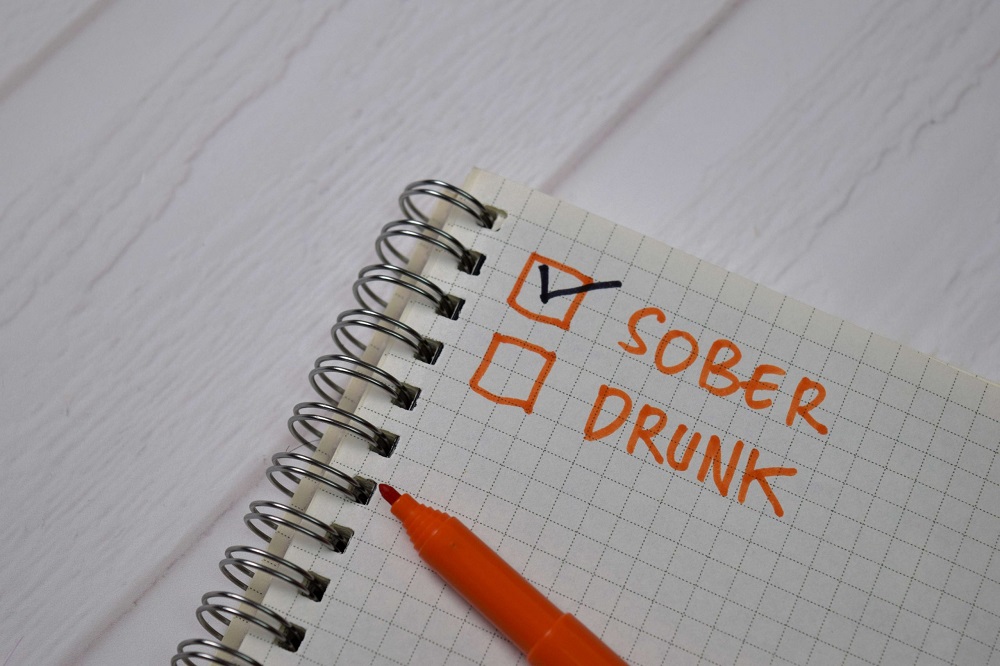Ask your doctor if you should carry a prescription epinephrine pen. If you feel ill after drinking alcohol but don’t experience symptoms at any other time, it’s possible that you have an alcohol intolerance. That runny or stuffy nose you get if you’re intolerant to alcohol may feel and seem like allergies, but it’s not. As we now know, alcohol intolerance is an issue with metabolizing alcohol — not an overzealous immune system.
When your liver finishes that process, alcohol gets turned into water and carbon dioxide. Sulfites, histamines, and tannins are among some of 50 Sobriety Gifts Ideas, Effective Substance Abuse Treatment the substances believed to contribute to a wine intolerance. You care about your loved ones, but you can’t imagine your life without alcohol.
When should I seek emergency care for a hangover?
Treatments can include medication and counseling, and it may be possible for you to moderate your drinking rather than quit altogether. When it comes to spirits, stick to tequila, https://g-markets.net/sober-living/minnesota-association-of-sober-homes/ vodka and gin. For vodka, stick to the plain types, as flavored vodkas can have higher histamine levels. Snatiation reflex Some people may sneeze after eating a large meal.
- If they suspect you have a true allergy to alcohol or another ingredient in alcoholic beverages, they will likely conduct allergy testing.
- Be aware, however, that labels might not list all ingredients.
- If you develop symptoms after drinking alcohol, make an appointment with your doctor.
- She has tried different types of alcohol — vodka, whiskey or tequila — but she breaks out in hives and a fever.
- The best treatment of allergies is to avoid the substance that triggers a reaction wherever possible.
This is a potentially life-threatening allergic reaction. People often call alcohol intolerance an alcohol allergy, and vice versa. People who have a true alcohol allergy should avoid drinking alcohol entirely. In some cases, reactions can be triggered by a true allergy to a grain such as corn, wheat or rye or to another substance in alcoholic beverages.
How much alcohol does it take to get a hangover?
When you drink alcohol, it’s absorbed into your bloodstream and quickly travels to your brain. As it does, it causes your blood vessels to dilate or widen. The most likely explanation is that alcohol dilates blood vessels in the nose, which can cause irritation and lead to sneezing. One is that alcohol dilates blood vessels in the nose, which can cause irritation and lead to sneezing. Another possibility is that alcohol irritates the mucous membranes in the nose, causing them to swell and lead to sneezing. New research suggests the risks of even moderate or light drinking may outweigh the benefits.
There are genetic tests that can tell you if you have an ALDH deficiency. Your healthcare provider can order this test or you can purchase one through private vendors. We use a pharmacist-formulated blend of Quercetin, Bromelain, Dihydromyricetin, Cysteine, L-Theanine, & B Vitamins to stop alcohol flushing before it can begin. Drinking plenty of fluids will help to thin out the mucus in your nose and make it less likely to trigger a sneeze. More and more people are sober curious, toying with the notion of drinking less. If you answer yes to even one or two of these questions, Lin recommends speaking to your primary care physician or seeing an addiction specialist.
Sulfite and histamine sensitivity
The blood vessels around your nasal cavity can expand, making it a bit more difficult to breathe normally. If you’re looking for a way to prevent sneezing when you drink, try making your cocktails with fresh fruit juices instead of using pre-made mixes. This will help reduce the number of histamines in your drink and make it less likely to trigger a sneeze.

If you’re allergic to a specific grain, beer won’t be your only problem. You’ll also experience symptoms when you eat other food products containing that allergen. Your body holds on to the nutritive parts of what you eat and drink, but, otherwise, what goes in must also come out. If you drink a beverage that causes a mild reaction, over-the-counter antihistamines might help relieve symptoms.
Why Do I Get Stuffy Nose & Nasal Congestion After Drinking Alcohol?
The onset of symptoms is usually noticed by slightly more laboured breathing after consuming alcohol. Most sufferers will first report minor breathing difficulties, traditionally accompanied by a noticeable increase in heart rate. Yes, but intolerance and an allergy to alcohol are two very different things and it’s important to understand their differences. If you’ve ever experienced swelling of the tongue or throat or trouble breathing after drinking beer, you should stop drinking beer until you’ve seen a doctor. Your symptoms can also be due to an interaction between beer or alcohol and any medication you’re taking. Be sure to tell your doctor if you’re taking any medications or supplements.
- What’s more is that this genetic variation can be passed down from parent to child, making alcohol intolerance an inherited condition.
- Some people have a variant in the gene that codes for ALDH2.
- If you experience this particular symptom, it’s important to seek medical advice before drinking alcohol again.
- Chronic misuse can also lead to paranoia and hallucinations.
- With continued alcohol use, steatotic liver disease can lead to liver fibrosis.